
Vitamin D
Vitamin D is a vitamin (a substance the body requires in small doses for proper nutrition and function) that is fat-soluble, meaning that it is dissolved and stored in the fat of your body. Vitamin D maintains proper levels of calcium and phosphorus in the blood and together with calcium builds strong bones. The November 9, 2005, issue of JAMA contains an article about sufficient levels of vitamin D for healthy bones.
SUNLIGHT EXPOSURE
Sun exposure for 10 to 15 minutes at least twice a week usually provides adequate amounts of vitamin D. Certain conditions such as cloud cover, northern climates, pollution, and the winter months may not provide adequate sunlight exposure. Excess sun exposure causes skin cancer, so you should limit exposure to sunlight, not use tanning beds, and wear protective clothing and a sunscreen with a sun protection factor (SPF) of at least 15 when outdoors for longer than 10 to 15 minutes twice a week. Infants should be kept out of direct sunlight all together.
VITAMIN D DEFICIENCY
When vitamin D levels are low, bones become weak and brittle. In children, vitamin D deficiency causes a disease called rickets, which results in poorly developed weak bones, delayed growth, immune deficiencies, and, when severe, seizures. In adults, vitamin D deficiency causes a disease called osteomalacia, which results in weak bones, fractures, bone pain, and weakness. Low levels of vitamin D may be a factor in osteoporosis (thin bones).
WHO IS AT RISK OF DEVELOPING VITAMIN D DEFICIENCY?
Infants who are exclusively breast-fed or receiving less than about 2 cups a day of vitamin D fortified formula or milk
People who have darker-pigmented skin
People with very limited sunlight exposure
People with fat malabsorption diseases, such as pancreatitis, cystic fibrosis, celiac disease, and surgical resection of the bowel
People who have liver or kidney disease or enzyme deficiencies
People in the northern hemisphere during winter
HOW MUCH VITAMIN D DO YOU NEED?
For infants to adults aged 50 years, the daily adequate intake is 200 international units (IU) of vitamin D. For adults aged 51 to 70 years, 400 IU is required, and for those older than 70 years, 600 IU is recommended. Discuss with your doctor the proper vitamin D intake and sun exposure for you and whether you should take a supplement, especially if you are at risk of developing a deficiency. Too much vitamin D can occur from taking excess vitamin D supplements and can cause serious problems, such as nausea, vomiting, and weakness or even confusion and heart rhythm abnormalities.





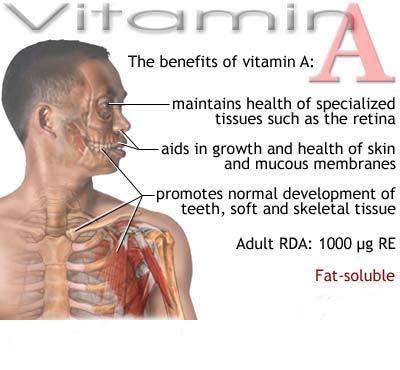.jpg)
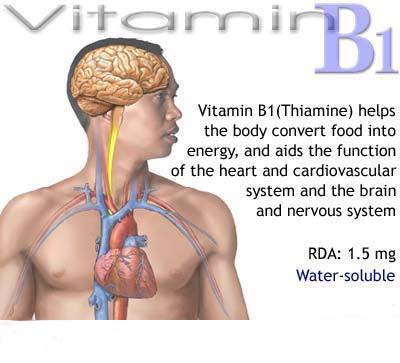.jpg)
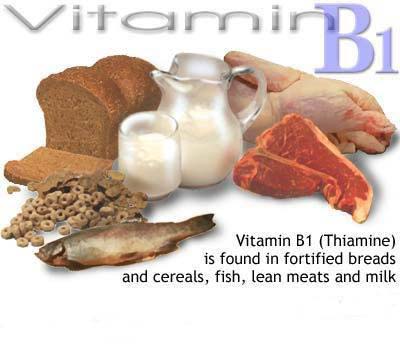.jpg)
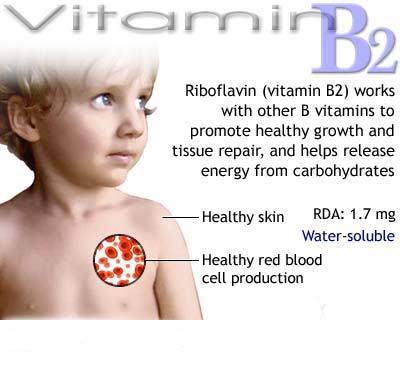.jpg)
.jpg)
.jpg)
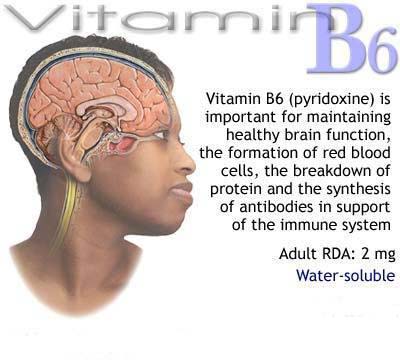.jpg)
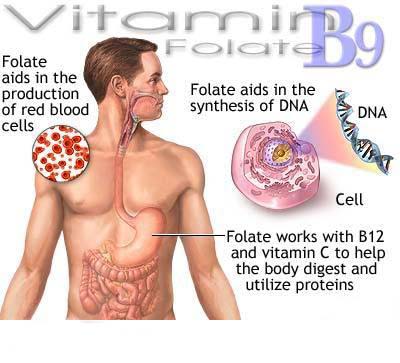.jpg)
.jpg)
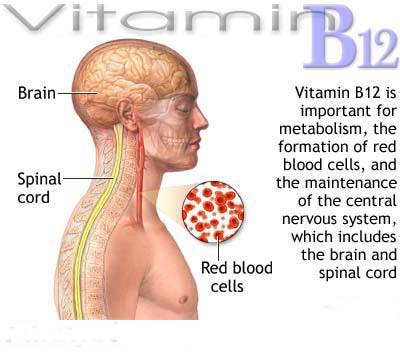.jpg)
.jpg)
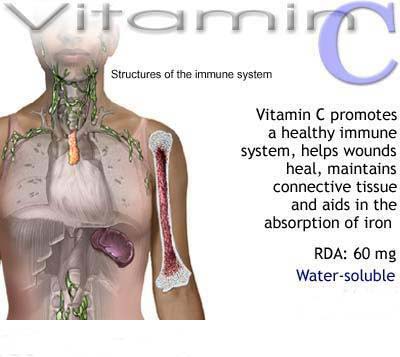.jpg)
.jpg)
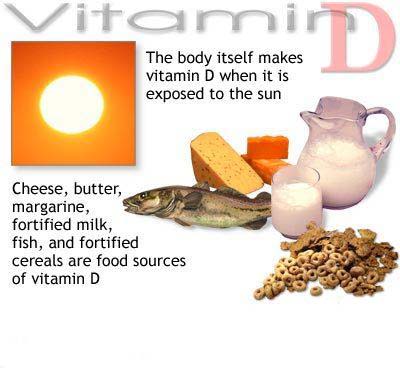.jpg)
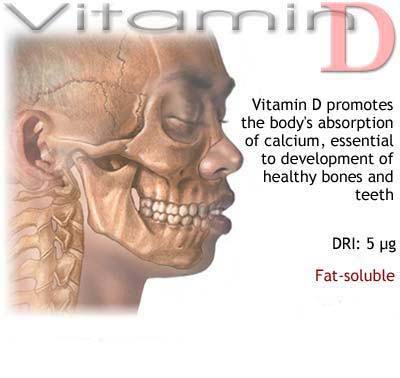.jpg)
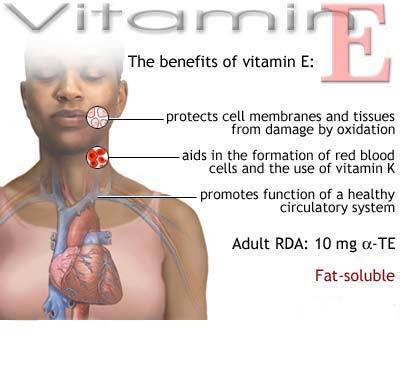.jpg)
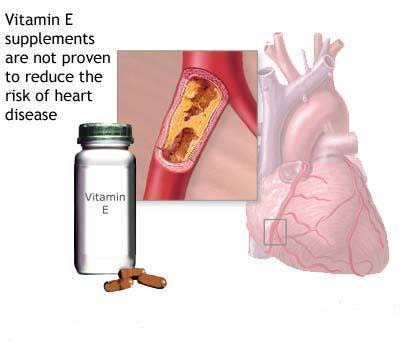.jpg)
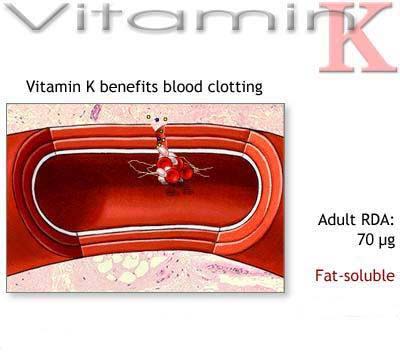.jpg)
.jpg)
No comments:
Post a Comment